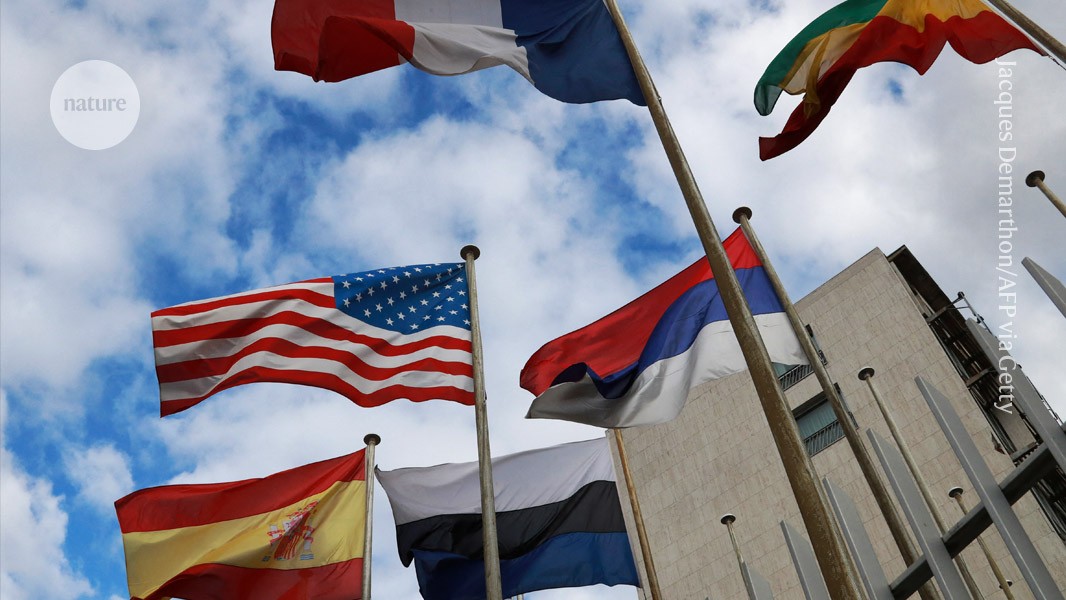
"The US departure from UNESCO is a setback for global cooperation in science and education, particularly impacting efforts in low- and middle-income countries."
"UNESCO supports programs on biodiversity, girls' education, closing the gender gap in science, and protecting natural heritage, which are essential globally."
"The US will be at a significant disadvantage with this withdrawal as it weakens its position in global discussions about climate change."
"Pulling out of UNESCO is particularly poor timing, especially with global challenges like AI adoption in education and improving literacy in low-income countries."
The United States will withdraw from UNESCO, effective December 31, 2026, ending a two-year return. This decision is seen as detrimental to global cooperation in science and education, especially in low- and middle-income countries. UNESCO aids in programs related to biodiversity, education, and cultural heritage. Withdrawing limits US influence, particularly during leadership transitions. Experts argue this move disadvantages the US in global issues like climate change and emerging technologies such as AI in education. The decision is criticized for poor timing as global challenges escalate.
Read at Nature
Unable to calculate read time
Collection
[
|
...
]